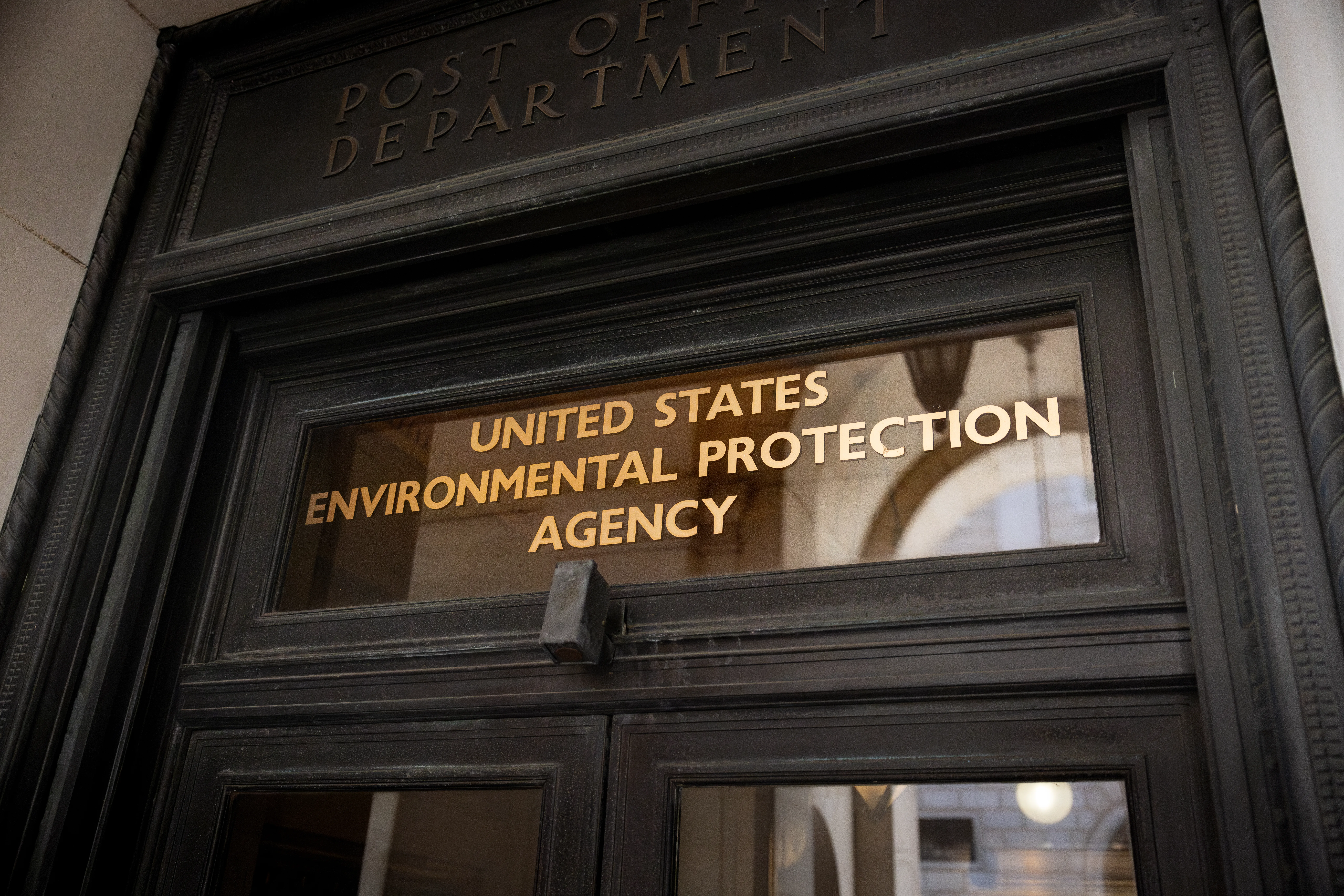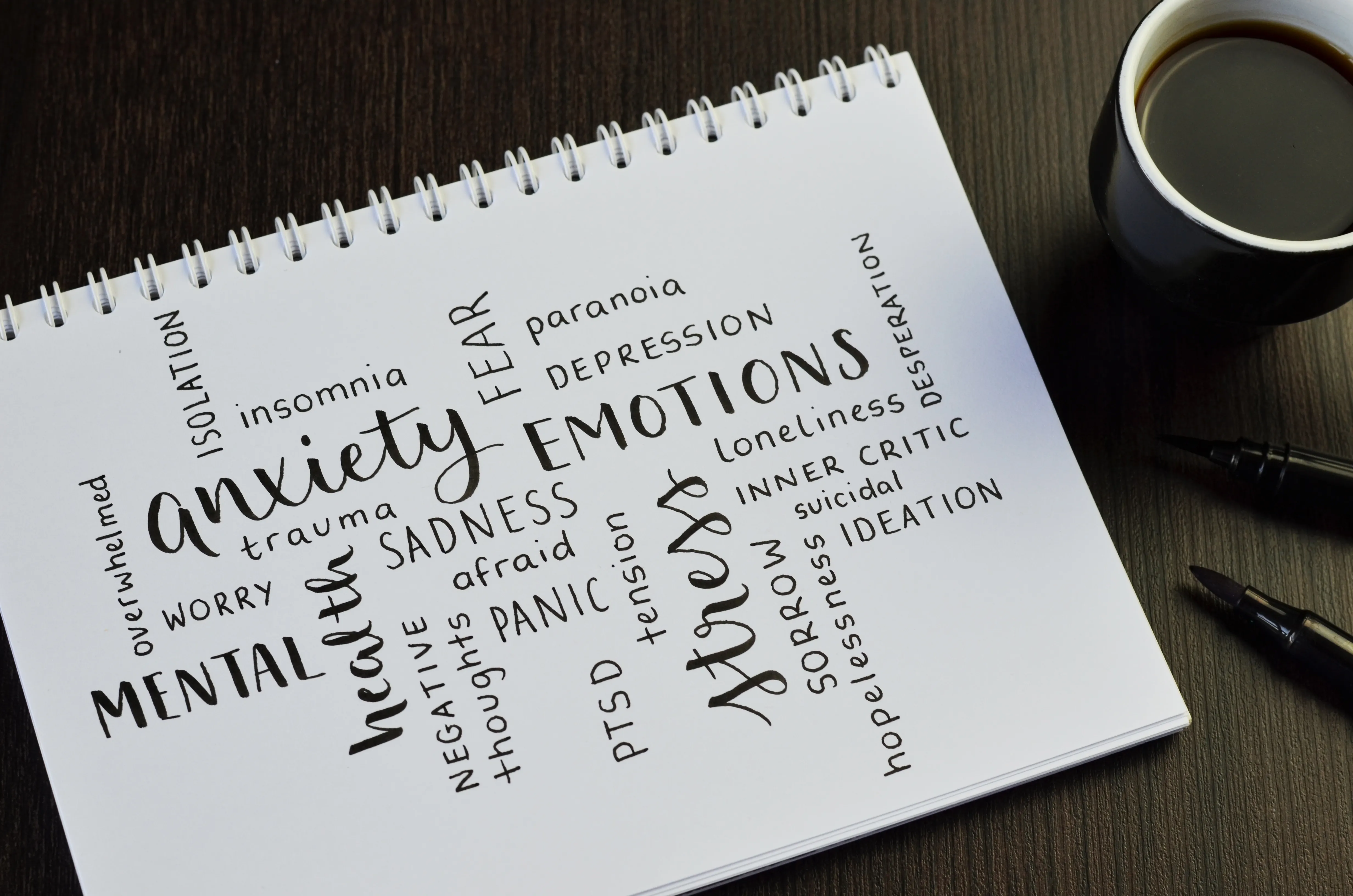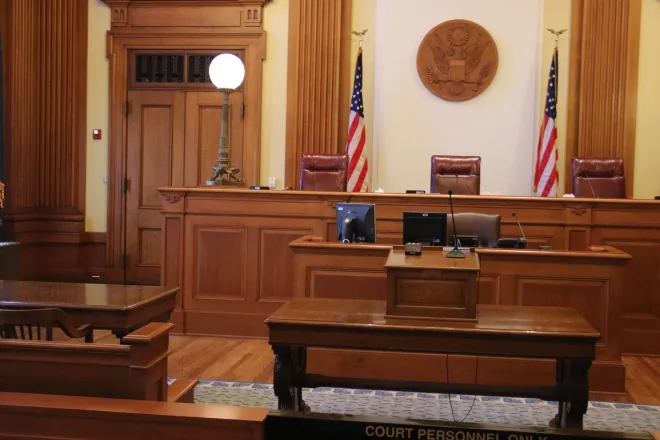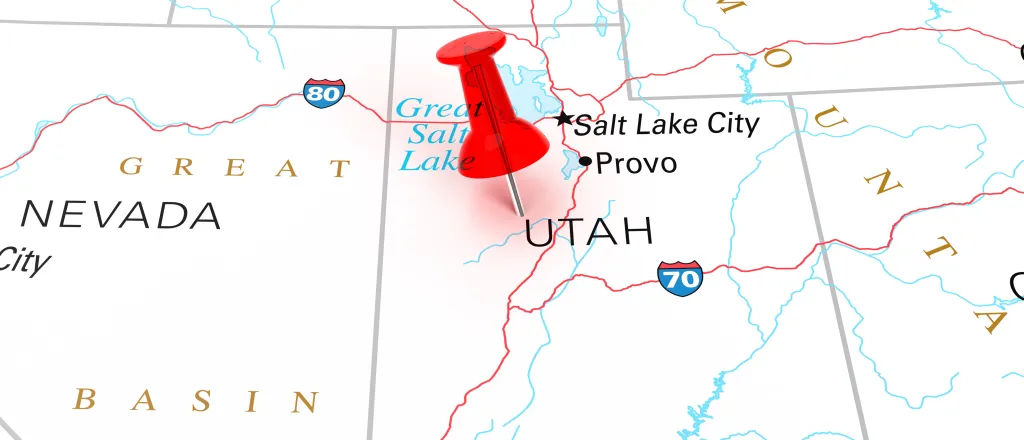
Report: Cost of living, government dysfunction rank as top issues for Utahns
Click play to listen to this article.
(Utah News Connection) More than three in five Utahns believe the state is on the wrong track and their quality of life is worse today than it was five years ago.
A new report by the Utah Foundation paints a bleak picture about how Utah residents feel about their home state. Data in the report found the cost of living and government dysfunction were the most important issues for Utah voters in 2024.
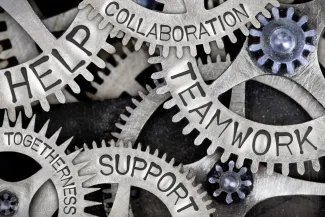
Representative Robert Spendlove, R-Sandy, an economist for Zions Bank, said there is growing political and economic disenfranchisement among Utahns.
"People just don't feel like they have the opportunities that they've had in the past," Spendlove explained. "The rate of inflation has come down in the last year, but the overall price increase remains. So overall prices are up about 20 percent in the last five years and so people are really struggling to adjust."
Spendlove observed Utahns are struggling to adjust to having to pay approximately 20 percent more on things such as housing, food, gas and even car insurance. He suspects prices are unlikely to come down and contended Utahns' income needs to go up but added it will take time.
The report's authors said the data is useful for state leaders to understand the needs of Utahns and get the state on the right track and improve quality of life.
Ahead of this year's election in November, the report found other issues relating to political dysfunction included voters feeling ignored by politicians, government overreach and partisan politics were at the top of the list.
Spendlove noted it is why he supports Utah Governor Spencer Cox's call to "Disagree Better." He pointed out while the initiative aims to improve attitudes and behaviors across the political spectrum by incentivizing consensus building, he is unsure whether policy solutions at the state level are being discussed.
"One of the questions is, 'Do we revisit how people get to the ballot?' 'Do we lower the threshold on signature gathering?' 'Do we have different models of primaries?'" Spendlove outlined. "It is kind of early in that discussion, but I think it is a really important discussion that we need to be having."
The report found voters who participated in the survey expressed frustration in not feeling heard and contend elected officials pay too little attention to voters in favor of corporations, religious organizations or special-interest groups.


